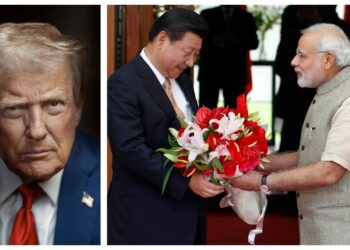QUETTA; In a high-stakes joint meeting held at the Quetta Chamber of Commerce and Industry (QCCI), senators and senior officials were presented with an alarming picture of trade gridlock at the Pakistan-Afghanistan border.
The Senate Standing Committees on Commerce and Finance & Revenue — chaired by Senator Anusha Rahman and Senator Saleem Mandviwala — heard firsthand accounts from local traders and the Chaman Chamber of Commerce and Industry (CCCI), who painted a grim portrait of collapsing commercial infrastructure, operational dysfunction, and bureaucratic neglect.

Participants, including representatives from key government departments, local businesses, and border trade associations, raised urgent concerns about the flawed implementation of the Barter Trade Mechanism under SRO 2023.
Instead of streamlining trade, the mechanism has introduced confusion and inefficiency due to poor coordination between relevant authorities.
A major issue highlighted was the absence of functional scanning and customs clearance facilities at the Chaman border, causing long delays and congestion. With only a few trucks allowed through each day, hundreds of vehicles remain stranded, incurring demurrage charges and financial losses for transporters and traders alike.
The limited capacity of the NLC terminal is another bottleneck, compounded by a lack of basic amenities such as rest areas, drinking water, and sanitation for truck drivers and clearing agents.
Meanwhile, the NLC booking counter remains out of reach for many due to its inaccessible location.
Participants also criticized the absence of an electronic documentation system and the poor coordination between Customs and the National Logistics Cell (NLC), which they say undermines transparency and operational efficiency.
They further lamented that the long-awaited Chaman Dry Port remains non-functional despite years of investment and construction.
Senators Rahman and Mandviwala took serious notice of the complaints and assured stakeholders that the Senate would push for immediate resolution of these pressing issues. They emphasized the need for federal departments to carry out field visits for on-ground assessments and pledged that the Senate committees would continue to serve as a platform for oversight and accountability.
The meeting concluded with a unified call for a coordinated action plan to revive border trade, improve inter-agency collaboration, and restore the confidence of Pakistan’s frontier business community.

























